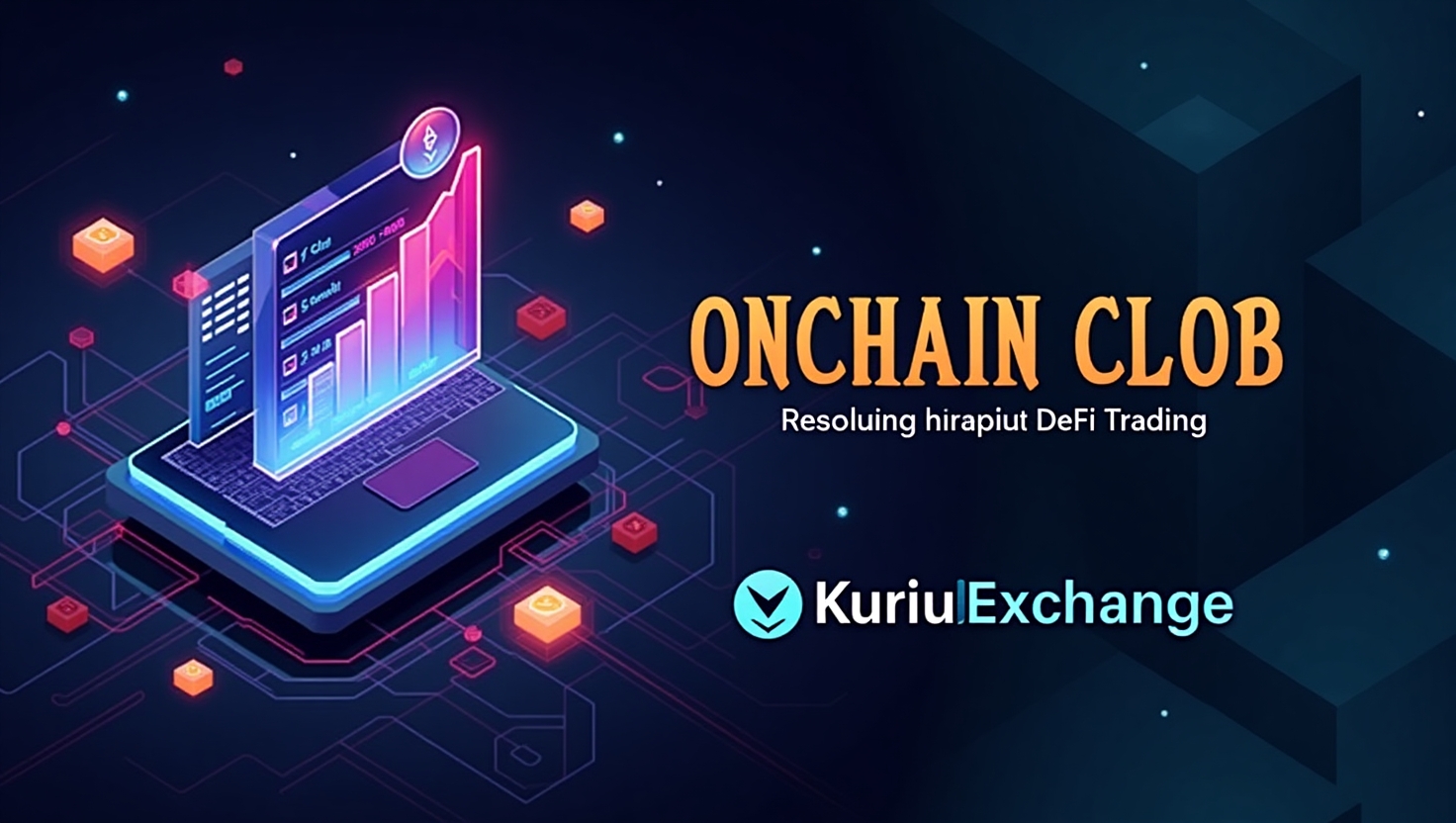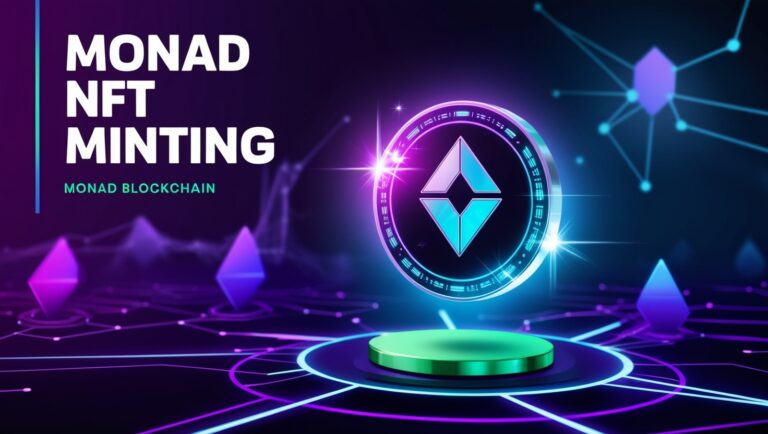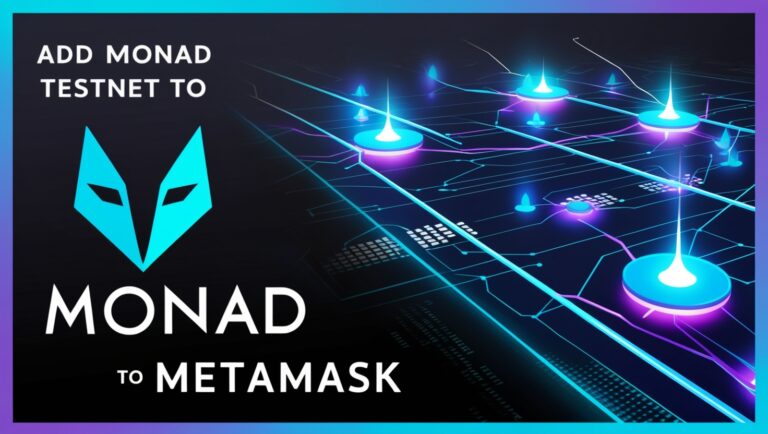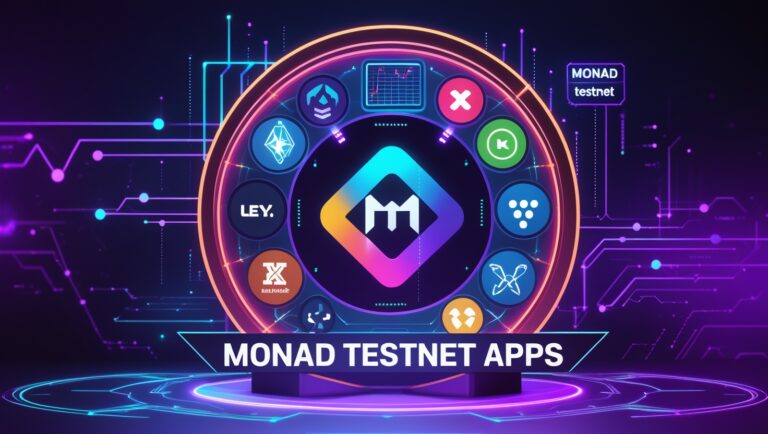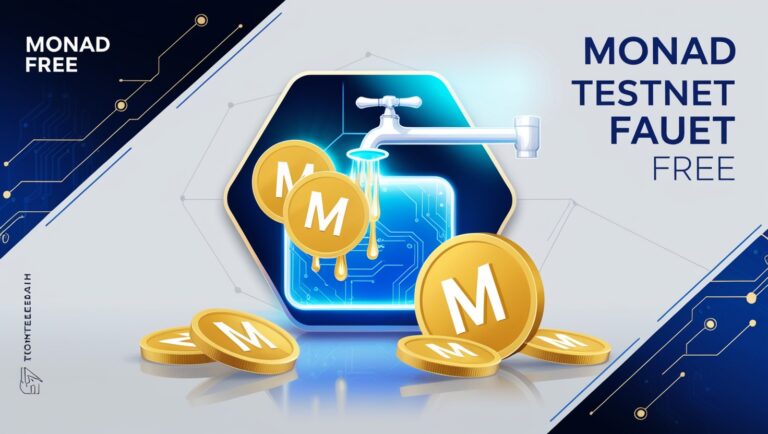Onchain CLOB: KuruExchange – Revolutionizing DeFi Trading
Decentralized finance (DeFi) is changing how people trade cryptocurrencies. One major advancement is the onchain Central Limit Order Book (CLOB). Leading this shift is KuruExchange, a decentralized exchange (DEX) built on the high-performance Monad blockchain. KuruExchange offers better pricing, lower slippage, and a user-friendly experience compared to Automated Market Makers (AMMs) like Uniswap. This article explains what an onchain CLOB is, how KuruExchange works, and why it could shape the future of DeFi trading.
What is a Central Limit Order Book (CLOB)?
A Central Limit Order Book (CLOB) is a system that matches buy and sell orders. In traditional finance, stock exchanges use CLOBs to organize trading. Traders submit orders with specific prices and quantities. The exchange then pairs matching orders based on price and time.
In DeFi, an onchain CLOB does the same but on a blockchain. This removes the need for a central authority. All orders and trades are recorded publicly, ensuring transparency and security. This setup allows anyone to verify transactions, making trading more open and trustworthy.
How CLOBs Work
When you place an order on a CLOB, it goes into an order book. This book lists all buy and sell orders at different prices. If your buy order matches a sell order, the trade happens automatically. For example, if you want to buy 1 ETH at $2,000 and someone offers to sell at that price, the CLOB connects you both.
CLOBs in DeFi
Onchain CLOBs bring traditional trading to blockchain. They offer more control over prices than AMMs, which use formulas to set prices. However, CLOBs need fast and cheap blockchains to handle frequent order updates. This is where Monad comes in.
Introduction to KuruExchange
KuruExchange is a DEX that uses an onchain CLOB. It runs on the Monad blockchain, known for its speed and low costs. These features make it possible to manage a CLOB efficiently onchain, something older blockchains struggled with due to slow transactions or high fees.
KuruExchange combines the best of both worlds: the security and transparency of DeFi with the performance of centralized exchanges. It also includes tools for finding and researching assets, making it a one-stop platform for traders. Whether you trade popular tokens or less common ones, KuruExchange aims to provide a smooth experience.
Why Choose an Onchain CLOB?
Onchain CLOBs have clear advantages over AMMs, which dominate DeFi trading. Here are the main benefits:
- Better Pricing: In AMMs, prices come from a formula, which can lag during market swings. CLOBs let traders set prices based on real supply and demand, often leading to better deals.
- Lower Slippage: Slippage happens when a trade moves the market price. In AMMs, large trades can cause big slippage. CLOBs spread large orders across smaller ones, keeping prices stable.
- Support for Long-Tail Assets: Less popular assets often lack liquidity in AMMs, requiring big pools of funds. CLOBs let traders place orders without pools, making it easier to trade these assets.
- Transparency and Security: Blockchain records all trades, so you can check the order book anytime. This reduces risks of fraud or manipulation.
These features make KuruExchange a strong choice for traders who want precision and clarity.
The Role of Monad in Enabling Onchain CLOBs
Monad is a Layer 1 blockchain that works with the Ethereum Virtual Machine (EVM). It can process 10,000 transactions per second (TPS) and finalizes blocks in 1 second. These specs are crucial for CLOBs, which need quick updates to keep the order book current.
Monad’s low fees also make trading affordable. Unlike some blockchains where high gas costs eat into profits, Monad keeps costs down. Plus, its EVM compatibility means you can use familiar tools like MetaMask, making it easy to get started.
By building on Monad, KuruExchange delivers fast, cost-effective trading that rivals centralized platforms while staying decentralized.
How to Use KuruExchange
KuruExchange is in its testnet phase as of May 2025, letting users try the platform with test tokens. This is a great way to learn without risking real money. Here’s how to join:
- Join the Discord: Go to the KuruExchange Discord for updates and instructions.
- Connect to Monad Testnet: Set up a wallet like MetaMask to connect to the Monad testnet. Follow Monad’s network setup guide.
- Get Test Tokens: Instructions on Discord will show you how to get test MON tokens.
- Start Trading: Use KuruExchange’s interface to place buy or sell orders. You can experiment with market or limit orders.
When the mainnet launches, the process will be similar but with real assets. Always double-check wallet connections and avoid sharing private keys. For detailed guides, check KuruExchange’s official channels.
Comparing KuruExchange with Other DEXs
Most DEXs, like Uniswap or SushiSwap, use AMMs. In AMMs, liquidity comes from pools where users deposit token pairs. Prices are set by a formula, which is simple but can lead to issues:
- High Slippage: Large trades can shift pool balances, causing price changes.
- Impermanent Loss: Liquidity providers lose money if token prices change significantly.
KuruExchange’s CLOB model addresses these:
- Precise Price Control: Set your own prices instead of relying on a formula.
- Efficient Market Making: Active traders can manage orders to provide liquidity.
- Lower Fees: Monad’s low costs mean cheaper trades.
However, CLOBs need active traders to keep liquidity high, especially for less popular assets. AMMs provide constant liquidity, even for low-volume tokens. KuruExchange is exploring ways to let users provide liquidity passively, which could bridge this gap.
Here’s a quick comparison:
| Feature | KuruExchange (CLOB) | Uniswap (AMM) |
|---|---|---|
| Pricing | Trader-set, market-driven | Formula-based |
| Slippage | Lower for large orders | Higher for large orders |
| Liquidity | Needs active traders | Constant via pools |
| Fees | Low (Monad-based) | Varies (Ethereum-based) |
| Asset Support | Good for long-tail assets | Needs large pools |
KuruExchange Funding and Support
Kuru Labs, the team behind KuruExchange, raised $2 million in a seed round in July 2024, led by Electric Capital. Investors included Brevan Howard Digital, CMS Holdings, and Keone Hon, Monad’s CEO. This funding supports team growth and mainnet preparations, showing strong confidence in KuruExchange’s vision.
The involvement of Keone Hon highlights the close ties between KuruExchange and Monad, suggesting a shared commitment to advancing DeFi.
Future of Onchain CLOBs and KuruExchange
Onchain CLOBs are gaining traction as blockchains like Monad solve performance issues. KuruExchange is well-positioned to lead this trend, with its user-friendly design and strong backing. Future updates may include advanced trading tools, DeFi integrations, or cross-chain features.
The testnet phase is building community momentum, as seen in X posts from KuruExchange promoting testnet activities. As DeFi grows, KuruExchange could set a new standard for decentralized trading.
Conclusion
KuruExchange is paving the way for onchain CLOBs in DeFi. By offering better pricing, lower slippage, and a transparent platform, it challenges AMM-based DEXs. Built on Monad’s high-speed blockchain, KuruExchange combines DeFi’s security with centralized exchange efficiency. The testnet phase is a perfect time to explore the platform. Follow KuruExchange on X or join their Discord for updates. As KuruExchange moves to mainnet, it could redefine how we trade in DeFi.

